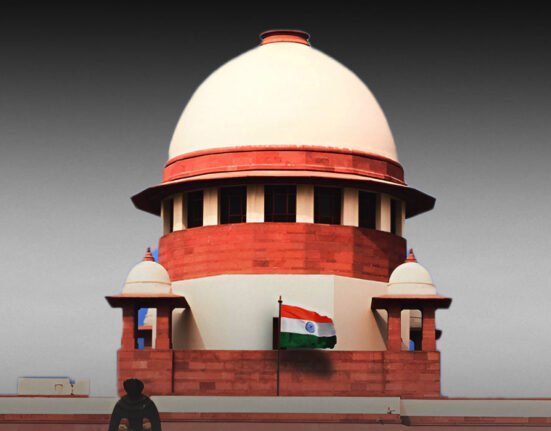Suicide is a sudden and preventable death. Suicide is a major public health issue affecting countless people’s lives and entire communities worldwide. India has struggled with a high prevalence of suicide in recent years due to several social, economic, cultural, and psychological variables, highlighting the critical need to understand and solve this complex problem. Every year, 800,000 people worldwide died by suicide. The suicide rate in India was 12 (measured per lakh) in 2021, which is the highest rate since 1967. 164,033 Indians died by suicide during that year.
Recent Study:
International Institute of Population Sciences (IIPS), Deonar conducted an analysis on suicide victims from 2014 to 2021, revealing that Indian men display a 2.5 times higher suicidal rate as compared to Indian women.
According to Dr Suryakant Yadav from IIPS, “the suicide rate in men is 2 times higher from 2014 which is increased by 2.5 times in 2021.” The data revealing this analysis was recently published in ‘The Lancet Regional Health Southeast Asia’ in the article titled “Changing Pattern of Suicide Deaths in India”.
Findings Reveal:
Findings from the study reveal that Indian women have better coping mechanisms as compared to Indian men and with the help of education, the rate keeps declining. According to the study, family and health issues and economic insecurities emerge as the biggest contributing factors to suicide rates.
Suicide Prevention:
Every suicide death is a tragedy that can be avoided by raising awareness, providing education, and making timely interventions.
1. Promoting Mental Health Awareness:
Raising awareness about mental health is central to suicide prevention. Education campaigns that challenge stigma, and encourage open dialogue play a crucial role in normalizing discussions around mental well-being.
2. Warning Signs Recognition:
Early recognition of warning signs is crucial in preventing suicide. Common signs include sudden behavioural changes, withdrawal from social activities, increased substance abuse or expressing feelings of hopelessness.
3. Establish Safe Environments:
Creating a safe and supportive environment is a collective responsibility. Offering empathy and understanding to those who are struggling. Reduce the availability of lethal instruments to those who are at suicide risk.
4. Accessible Mental Health Care:
Accessible mental health care and services are essential for suicide prevention. Health insurance policies should include coverage for mental health disorders. Governments and healthcare institutions must prioritize the expansion of mental health infrastructure. Expand the number of helplines and crisis intervention services to grant quick, remote access to assistance in distress.
Helplines:
- AASRA (91 9820466726): A 24×7 helpline number that provides support and prevention for people in distress.
- Snehi: (91 91-5509090): A helpline that provides women with emotional support and counseling.
- Vandrevala Foundation (1860-2662345): A helpline that provides women with mental health support counseling for those in need of professional help
- i Call (022-25521111): A helpline offering counseling services for women, children, and adolescents.
- Roshni (+91 9166202000): A helpline offering emotional support and counseling for individuals in.













Leave feedback about this